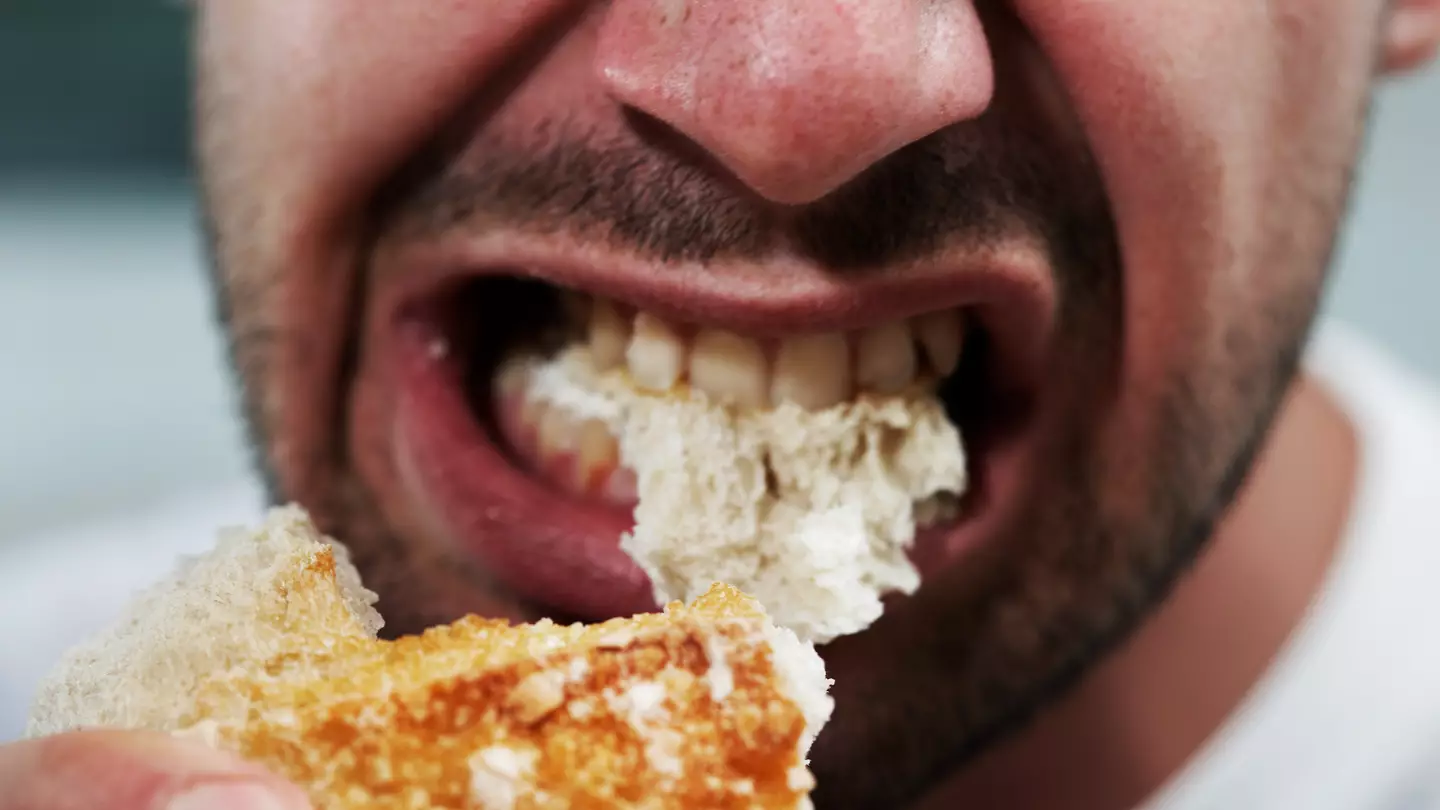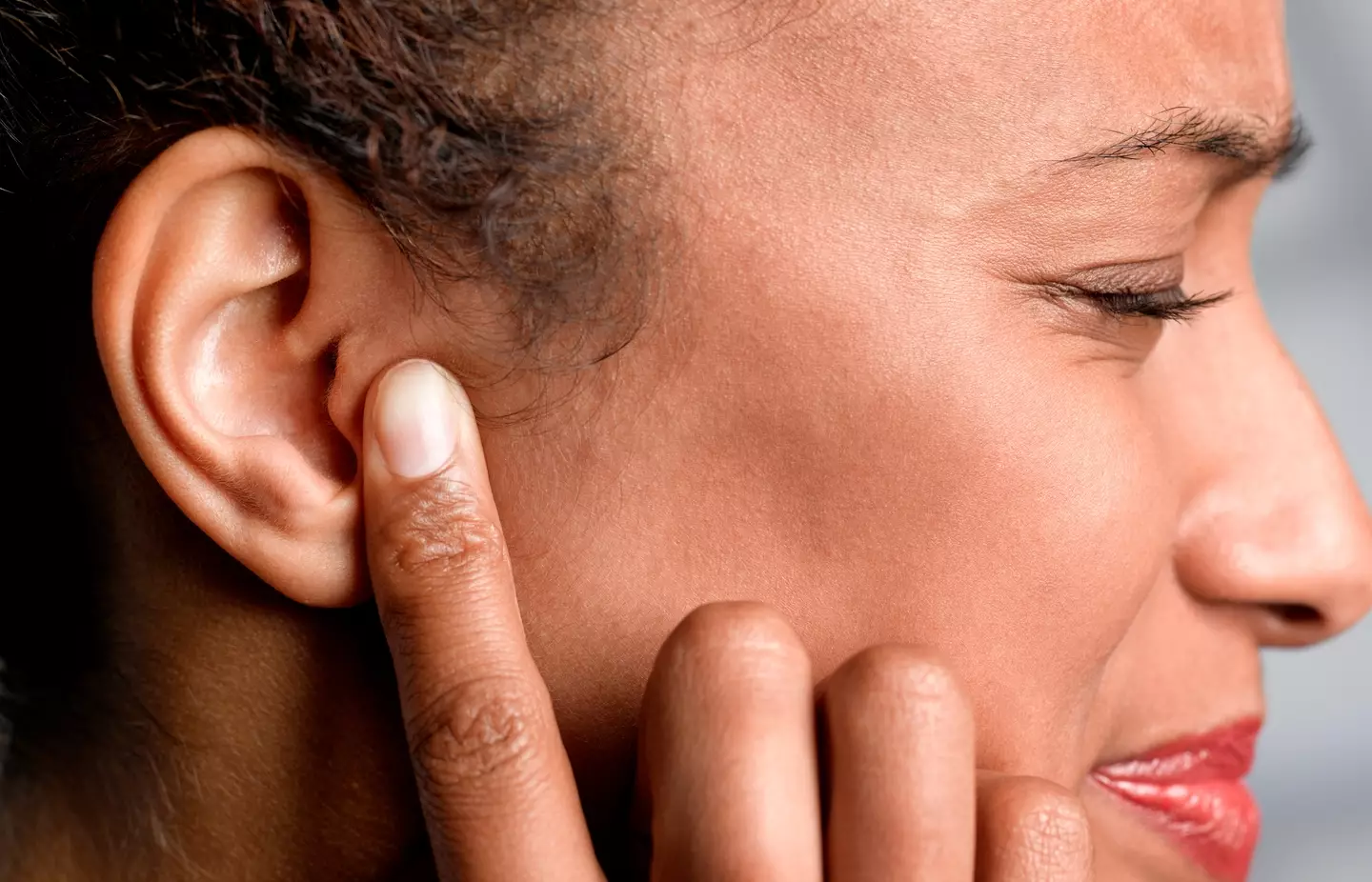
Now, I'm sure we've all been taught from a very young age 'don't chew with your mouth full'.
This piece of childhood advice is pretty important when it comes to proper eating etiquette as, let's be honest, absolutely no one wants to hear you loudly chowing down on your dinner.
But, for some people, the feeling goes much farther than surface-level irritability - and if you find yourself seriously annoyed by the sound of chewing you might have a genuine psychological disorder known as misophonia.

What is misophonia?
The NHS explains that misophonia is an' extreme emotional reaction to certain everyday sounds that most people would find relatively easy to ignore'.
Advert
There are three main types of sounds that disturb people with misophonia which include:
- eating
- nose and throat sounds
- repetitive environmental sounds like keyboard tapping and rustling paper
While many people find these particular noises grating, individuals with misophonia describe an intense feeling of disgust, anger, distress, or panic that escalates while the sound is still present.
"This can happen even when the sound is at a very low volume," the NHS adds.
Advert
"They report physical sensations similar to a flight or fight response, including racing heart, shortness of breath, tension, feeling hot, and sometimes an unwanted groinal response.
"They often describe a feeling trapped, helpless, and out of control when they can’t get away from these sounds."

Can treatment help Misophonia?
The NHS outlines that there's some evidence to suggest that cognitive behavioural therapy (CBT) can be helpful for people with misophonia - something which is likely to be especially helpful for those with more severe misophonia that significantly disrupts daily living or causes distress on most days.
Advert
"We think at the core of misophonia is a variation in sensory processing, which includes heightened attention to certain sounds that could be a sign of potential contamination (e.g., illness from breathing through a blocked nose, spreading illness through spit when eating with mouth open) or a potential predator (e.g., footsteps, tapping and rustling sounds)," the NHS continues.
While this aspect of sensory processing might not be directly changed with therapy, the health body explains that there is growing evidence that therapy may be helpful for people those whose reaction feels like a flight or fight type feeling, or if they feel trapped, panicked, or helpless around sounds.
The official website adds: "In particular, therapy can help if the impact of the sound exists even when the sound is not present (e.g., taking a long time to wind down from a reaction, worrying about sounds in advance, or having lasting impacts on work or relationships).
"Therapy may also be helpful for those with co-existing conditions that cause misophonia to be worse (or is made worse by misophonia)."
Topics: Food and Drink, Life, Advice, Mental Health, NHS